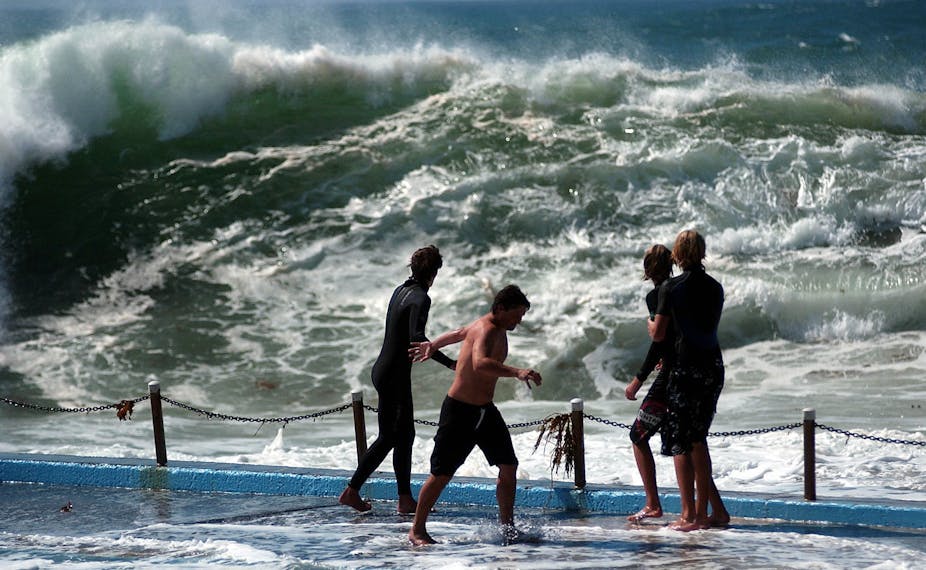Governments and communities must take urgent action to reduce greenhouse gas emissions this decade or face enormous social and economic costs in future, according a report by the Australian government’s Climate Commission.
The commission, established to provide an independent source of scientific advice on climate change, said in its first report that emissions must be reduced now if governments want to have any hope of meeting a target of limiting global temperature rises to two degrees.
“This is the critical decade,” said Commissioner Professor Will Steffen, the author of the report and a climate scientist from the Australian National University.
The report, which brings together the latest in scientific research on climate change, was independently reviewed by leading climate scientists from CSIRO, the Bureau of Meteorology and universities in Australia.
“We still have emissions rising and we need to get that trajectory turned around. We need to get investment shifted to clean energy sources and low emission transport,” he told The Conversation.
“If we don’t get it going this decade, you get an impossibly tough task to achieve the two degree target. It will be exceptionally costly and probably impossible to roll out infrastructure fast enough (in future).”
Climate change is caused by human activity and cannot be explained by natural factors like solar activity, the report found.
Professor Steffen said inaction would lead to more heatwaves, extreme bushfires, water shortages, storms and sea level rises that would flood coastal areas.
“We make an assessment that by 2100, we see sea level rises of between half a metre and a metre compared to 1990 levels. We have to prepare for that because we are a coastal country with a lot of infrastructure by the sea,” he said. “If we don’t get climate change under control, you will get much higher rises in future.”
Tackling climate change now by reducing emissions and preparing for adaptation would be a lot less expensive than leaving it for future generations to address, he said.
A price on carbon was needed to drive down pollution in Australia, he said, but added that many other governments were already taking more drastic action to reduce emissions.
“Because we didn’t get the binding agreement that a lot of countries expected in Copenhagen, a lot of governments are moving forward on their own. Sweden is a long way down the track to decarbonise their electricity sector. China is doing more than people realise and the EU has its own emission trading system,” he said.
“As (economist and government climate adviser) Ross Garnaut points out, we need to play catch up.”
Professor Matthew England, Co-Director of the University of NSW’s Climate Change Research Centre, said the report was timely and important.
“The message is clear: climate change is accelerating and it is impacting Australia significantly. The window for limiting future and costly climate change is rapidly closing,” he said. “This should be a wake up call for global and national action on greenhouse gas emissions.”

